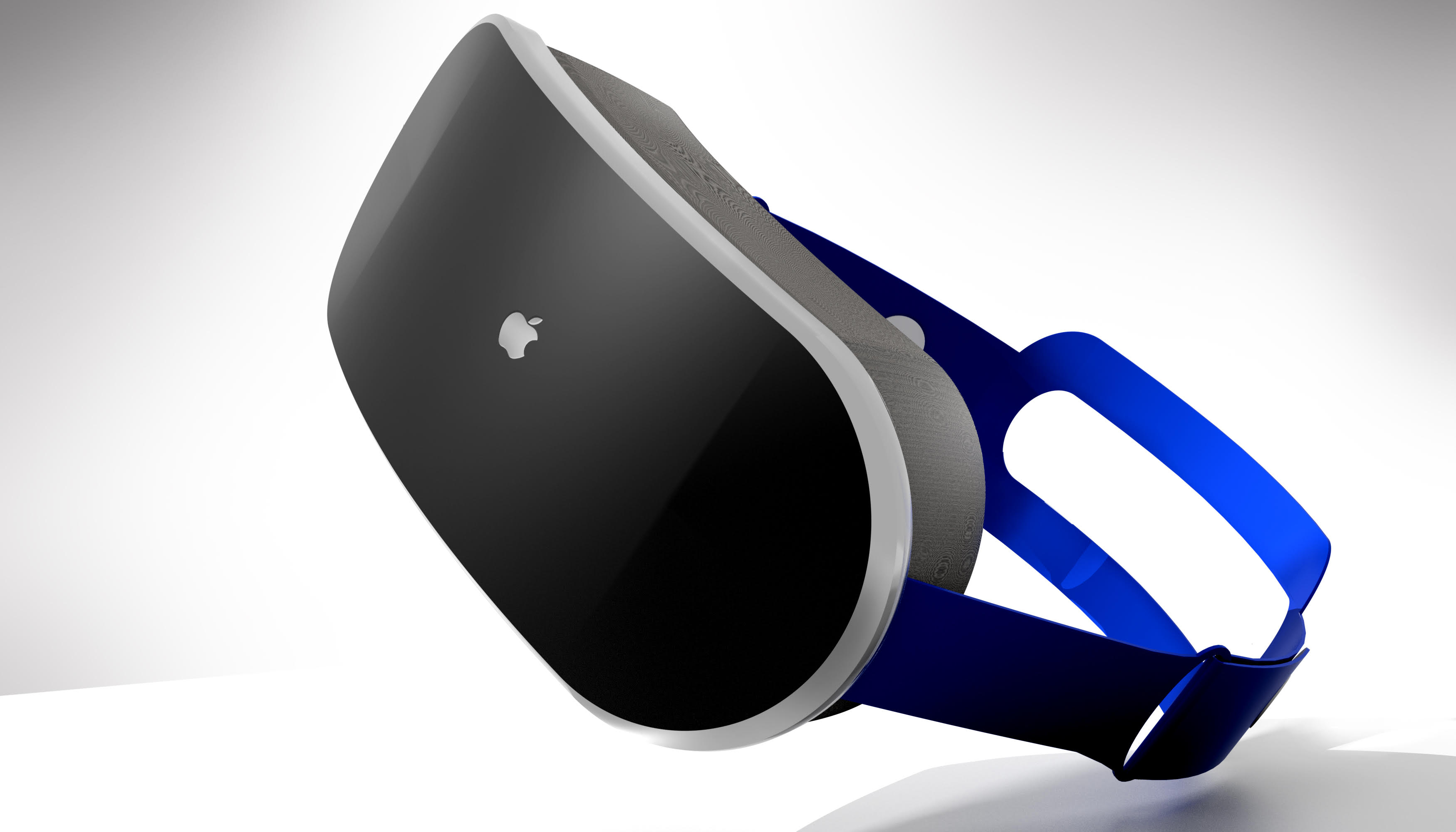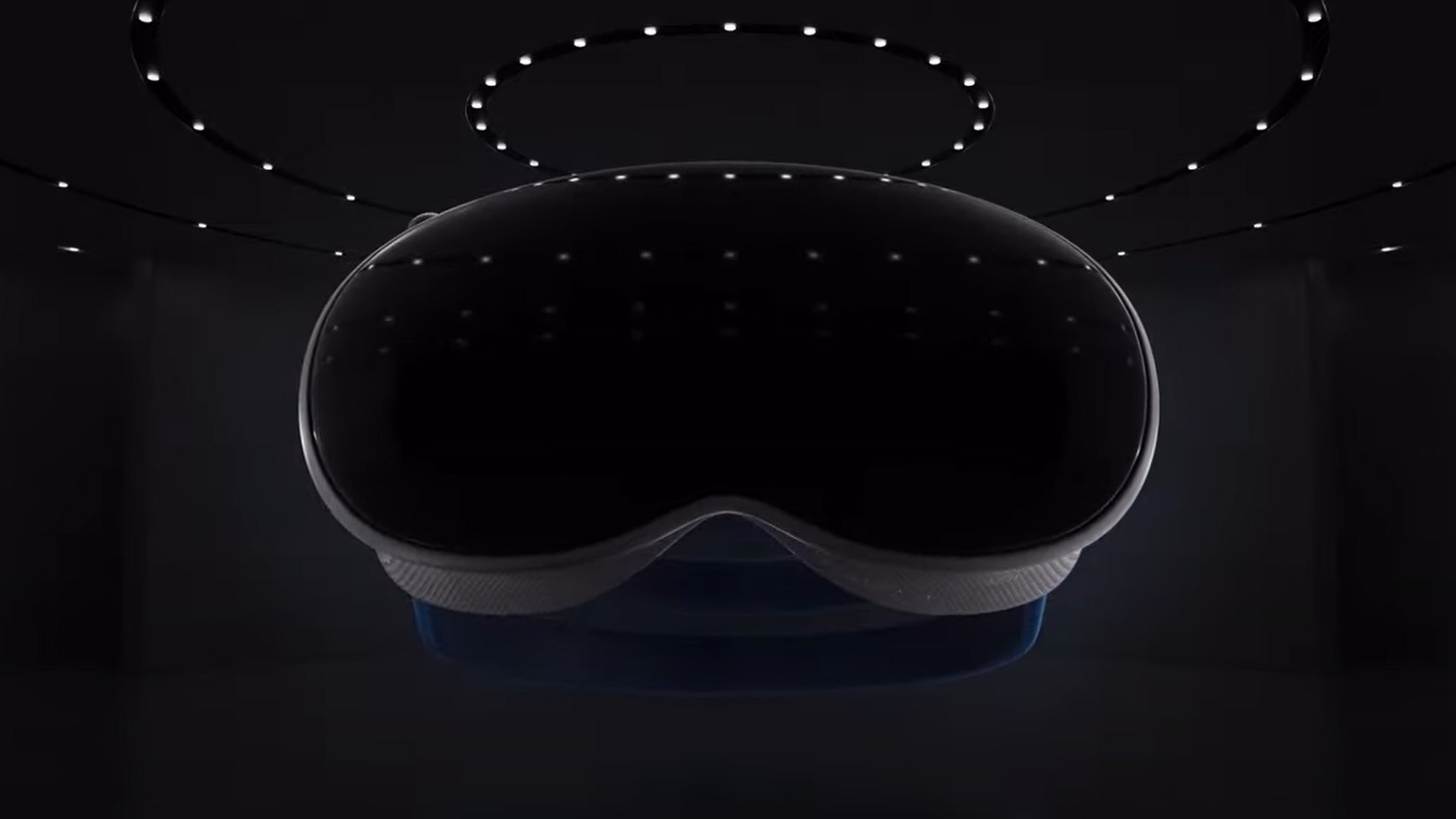
The finished specs of the rumored Apple VR/AR headset are the talk of the tech industry right now. And while we won’t know anything officially until it debuts — almost certainly — at WWDC 2023, this new display rumor is certainly an eye-opener.
A tweet from Ross Young from Display Supply Chain Consultants has revealed the possible specs for the two displays inside the Apple VR/AR headset. When we initially reported on this in a story yesterday about xrOS sightings the tweet appeared to be subscribers-only, but now it's gone public for all to see.
You want more, I will give you more: Micro OLED specs for Apple's AR/VR headset: 1.41" in diagonal 4000 PPI >5000 nits of brightnessMay 30, 2023
And according to Young’s tweet, you should be able to see very clearly while wearing the Apple Reality Pro — if it doesn’t blind you. The twin displays (one per eye) will be Micro OLED panels 1.41 inches in size (measured diagonally). They are also tipped to feature a pixel density of 4000 pixels per inch (PPI) and over 5,000 nits peak brightness.
That would instantly make the Apple headset the king of VR headset displays. The Meta Quest 2 headset only hits around 100 nits peak brightness, so 5,000 nits would be blinding in comparison. The only other product reported in that range is Meta’s Starburst headset which manages around 20,000 nits peak brightness, but is still a prototype.
And in terms of resolution, even the Meta Quest Pro can’t compete. The high-end mixed reality headset only manages 1832 x 1920 per eye, a far cry from the 4K resolution promised by Young.
This new leak tracks with previous Apple Reality Pro display rumors

This isn’t the first time Young has promised these specs. Back in February 2022, we reported that DSCC claimed Sony was making twin 4K (4000 x 4000) displays for the Apple headset, each measuring 1.4 inches.
However, there are a couple of rumored displays missing from Young’s latest specs leak. First, DSCC initially promised a larger lower resolution AMOLED display behind the twin 4K displays to allow for foveated rendering. This would allow the headset to commit more resources to produce higher-fidelity visuals specifically where the person is looking rather than throughout the entire display.
This display may ultimately still make an appearance, and it would be odd for the Apple Reality Pro to forgo foveated rendering given cheaper headsets like the PSVR 2 feature it — but it was noticeably absent from Young’s tweet.
The other display that fails to get a mention is the rumored front-facing display that could allow others to see your eyes while you use the Apple headset. While Apple claims this promotes all-day wear and allows users to interact with the real world, it personally just feels like careening into the uncanny valley to me. So I’m hoping Young’s omission of the front display was intentional rather than an oversight.
Either way, we won’t have to wait long to see what the Apple VR/AR headset will actually achieve in terms of performance. So stay tuned for our WWDC coverage to see more of Apple’s potentially groundbreaking VR headset.







